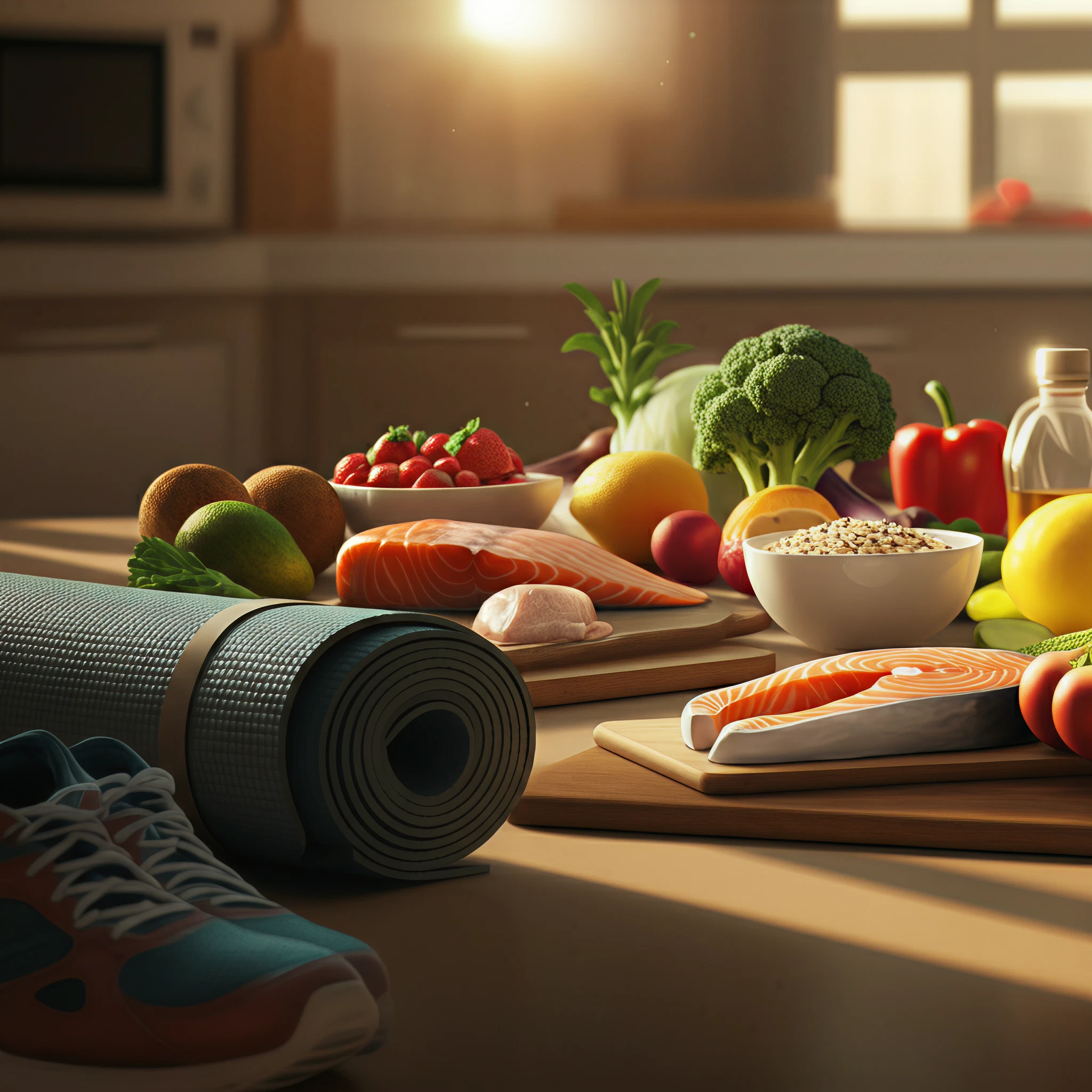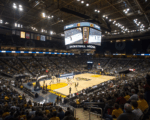For fitness enthusiasts, athletes, and health-conscious individuals alike, exercise isn’t just about putting in the effort at the gym or on the field. Your performance, recovery, and overall results are greatly influenced by what you eat. This is where exercise nutrition steps in, ensuring your body gets the right fuel before, during, and after workouts.
Whether you’re looking to improve endurance, build muscle, or simply feel better after exercise, mastering exercise nutrition can help you achieve your goals.
What Is Exercise Nutrition?
Exercise nutrition is the science of understanding what and how much an individual should eat to support their physical activity. It combines principles of dietetics and sports science to ensure you’re supplying your body with the nutrients it needs for energy, recovery, and optimal performance.
But it’s not a one-size-fits-all approach. Factors like the type of workout, its intensity, your fitness goals, and even biological differences (such as gender) can influence your nutritional requirements.
Why Is Exercise Nutrition Important?
Here are some of the key benefits of proper exercise nutrition:
- Enhanced Performance: Foods rich in carbohydrates fuel your muscles with the energy they need for endurance and strength.
- Recovery and Muscle Repair: Consuming protein after a workout promotes muscle repair and growth, reducing soreness and fatigue.
- Improved Energy Levels: Balanced nutrition helps you sustain energy throughout your workouts and daily tasks.
- Reduced Risk of Injury: Proper nutrients strengthen your body, making it less susceptible to injuries and strains.
- Weight Management: A well-structured nutrition plan supports fat loss while maintaining muscle mass.
The Core Principles of Exercise Nutrition
To optimize your fitness results, it’s essential to hit the right balance between carbohydrates, proteins, fats, and hydration.
1. Pre-Workout Nutrition
What you eat before exercise sets the tone for your performance. An ideal pre-workout meal should:
- Be rich in carbohydrates for energy.
- Contain moderate protein to support muscle maintenance.
- Be low in fat and fiber to prevent digestive issues.
Examples:
- A banana with almond butter.
- Oatmeal topped with berries and honey.
2. During-Workout Nutrition
For workouts under an hour, hydration is usually sufficient. However, for longer, more intense sessions, adding electrolytes and fast-digesting carbs ensures your performance doesn’t lag. Sports drinks, energy gels, or simple fruits like oranges can do the trick.
3. Post-Workout Nutrition
The post-workout window (often called the “anabolic window”) is crucial for recovery. Aim to consume:
- Protein to repair and rebuild muscle (20–30 grams within 45 minutes is ideal).
- Carbohydrates to replenish depleted glycogen stores.
- Electrolytes to restore hydration balance.
Examples:
- Grilled chicken with sweet potato.
- A protein shake with a banana.
- Greek yogurt topped with granola.
Exercise Nutrition for Different Goals
- For Endurance Athletes
Endurance activities like running and cycling require sustained energy. Focus on carb-rich meals before and during workouts, and pair them with proteins afterward for recovery.
- For Strength Training
Muscle repair and growth are key, so prioritize protein intake. Include a good amount of carbs pre- and post-workout to fuel and replenish muscles.
- For Fat Loss
If weight loss is a goal, avoid skipping post-workout meals. Instead, create a calorie deficit by limiting intake at other times of the day, as recommended by experts.
Additional Exercise Nutrition Tips
- Hydration Is Key: Always drink water before, during, and after your workout to prevent dehydration.
- Listen to Your Body: Hunger cues matter. If you’re hungrier before or after certain workouts, adjust your portion sizes accordingly.
- Consider Nutritional Timing: Men and women have different recovery windows. Women should refuel within 30–45 minutes, while men may have up to 3 hours.
- Don’t Forget Micronutrients: Vitamins and minerals (like calcium, iron, and zinc) support muscle function and overall performance. Incorporate nutrient-dense foods into your meals.
Sample Meal Plan for Exercise Nutrition
Here’s a simple template to guide your meals:
- Breakfast (Pre-Workout): Whole-grain toast with avocado and a poached egg.
- Snack (During Workout): An energy gel or a banana.
- Lunch (Post-Workout Recovery): Grilled salmon, quinoa, and steamed broccoli.
- Snack (Mid-Afternoon): A handful of mixed nuts with Greek yogurt.
- Dinner: Lean turkey burger with roasted sweet potatoes and asparagus.
- Hydration throughout the day: At least 2–3 liters of water, including electrolytes during intense sessions.
A Final Word on Personalized Nutrition
Exercise nutrition is not a one-size-fits-all solution. Factors like your workout type, intensity, goals, and individual needs play a role in determining the right approach for you. Working with a dietitian or using AI-powered tools can help tailor a plan that aligns perfectly with your fitness routine and health objectives.
Are you ready to unlock your full potential? Start fueling your fitness with precision and knowledge!








